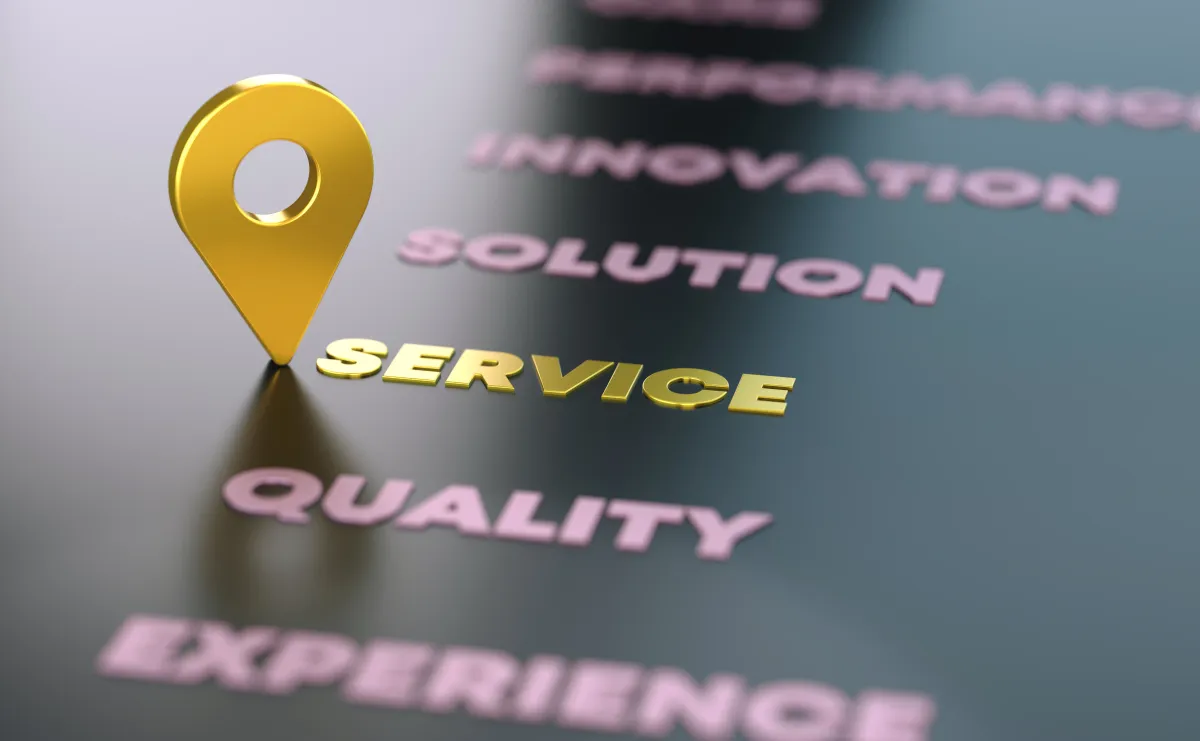In the competitive marketplace of today, outstanding customer service is no longer just a nice-to-have. It is an essential element for ensuring customer satisfaction, loyalty, and positive brand reputation. Mastering customer service skills can significantly impact how your business is perceived, leading to happier and more loyal customers. In this guide, we will explore key skills needed to excel in customer service and strategies to enhance them in your organization.
Understanding Customer Needs
Active Listening
Active listening is crucial in understanding customer's concerns accurately. It involves paying full attention to the customer, asking clarifying questions, and not interrupting while they speak. This skill helps customer service representatives to gather essential information and respond appropriately, ensuring that the customer's issues are resolved effectively.
Empathy
Empathy in customer service means understanding and relating to the customer’s experience. When representatives express empathy, it helps build a connection and assures customers that their feelings are being acknowledged. Training staff to use empathetic language can enhance customer interactions and increase satisfaction levels.

Effective Communication
Clear and Concise Language
The ability to convey information clearly and concisely is an indispensable skill in customer service. Representatives need to communicate information effectively without overwhelming the customer with jargon or excessive details. This requires a good understanding of the product or service and the ability to adapt the conversation to the customer's level of understanding.
Positive Language
Using positive language is a potent tool to create a good impression. This involves framing conversations in a constructive manner, focusing on solutions rather than problems. For instance, saying “I’ll find out for you” instead of “I don’t know” can make a significant impact on customer satisfaction.
Problem-Solving Skills
One of the core responsibilities of customer service personnel is resolving customer issues effectively. This requires analytical skills to assess the situation and decision-making prowess to offer the best solution. Training staff in problem-solving can lead to faster resolution times and more satisfied customers. Encourage your team to view each problem as an opportunity to improve relationships with customers.
Time Management
Prioritizing Tasks
Efficient time management allows representatives to handle multiple customer inquiries without compromising on the quality of service. Teaching staff to prioritize tasks can enhance their efficiency and ensure that urgent customer issues are addressed promptly.
Handling High-Pressure Situations
In customer service, high-pressure situations are inevitable. Training your team to remain calm and focused during these times ensures that they continue to deliver high-quality service. Techniques such as mindfulness and stress management can be particularly beneficial.
Continuous Improvement and Feedback
Encouraging a culture of continuous improvement can significantly enhance your customer service quality. Regular feedback from customers can provide invaluable insights into areas for improvement. Deploying tools to collect customer feedback and using it constructively can help refine your team's skills and service strategies.
FAQs
How can I improve my team’s active listening skills ?
You can improve active listening skills by conducting role-playing exercises, providing listening training workshops, and encouraging your team to focus on hearing, understanding, and responding appropriately in real customer scenarios.
What role does empathy play in customer service ?
Empathy helps create a connection with customers, making them feel understood and valued. It can calm upset customers, foster trust, and build long-term relationships, ultimately contributing to customer loyalty.
Why is feedback important in customer service ?
Feedback is crucial as it provides insights into the customer’s perspective, revealing areas needing improvement and validating actions already being performed well. It helps in understanding customer expectations and refines service delivery.
How can I train my team to use positive language ?
Training in positive language can include workshops on effective communication strategies, creating scripts that reflect positivity, and regularly reviewing customer interactions to identify areas for enhancement in phrasing and tone.
What is the significance of time management in customer service ?
Time management is essential in delivering efficient service, handling multiple inquiries effectively, and ensuring that customer concerns do not linger. Proper time management techniques lead to quicker resolutions and increase customer satisfaction.








